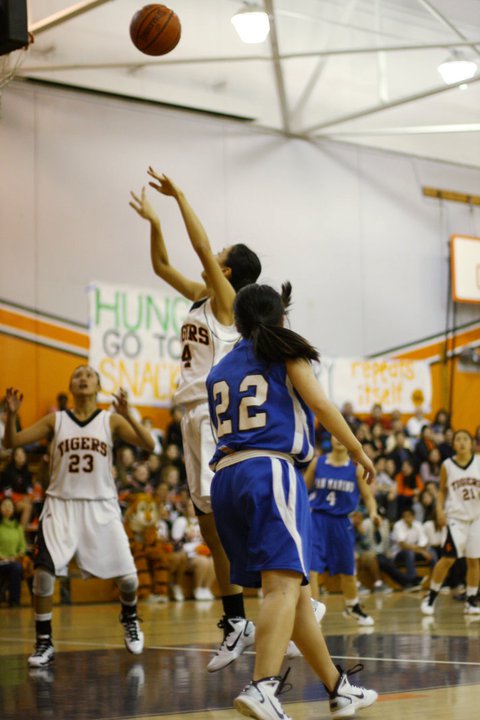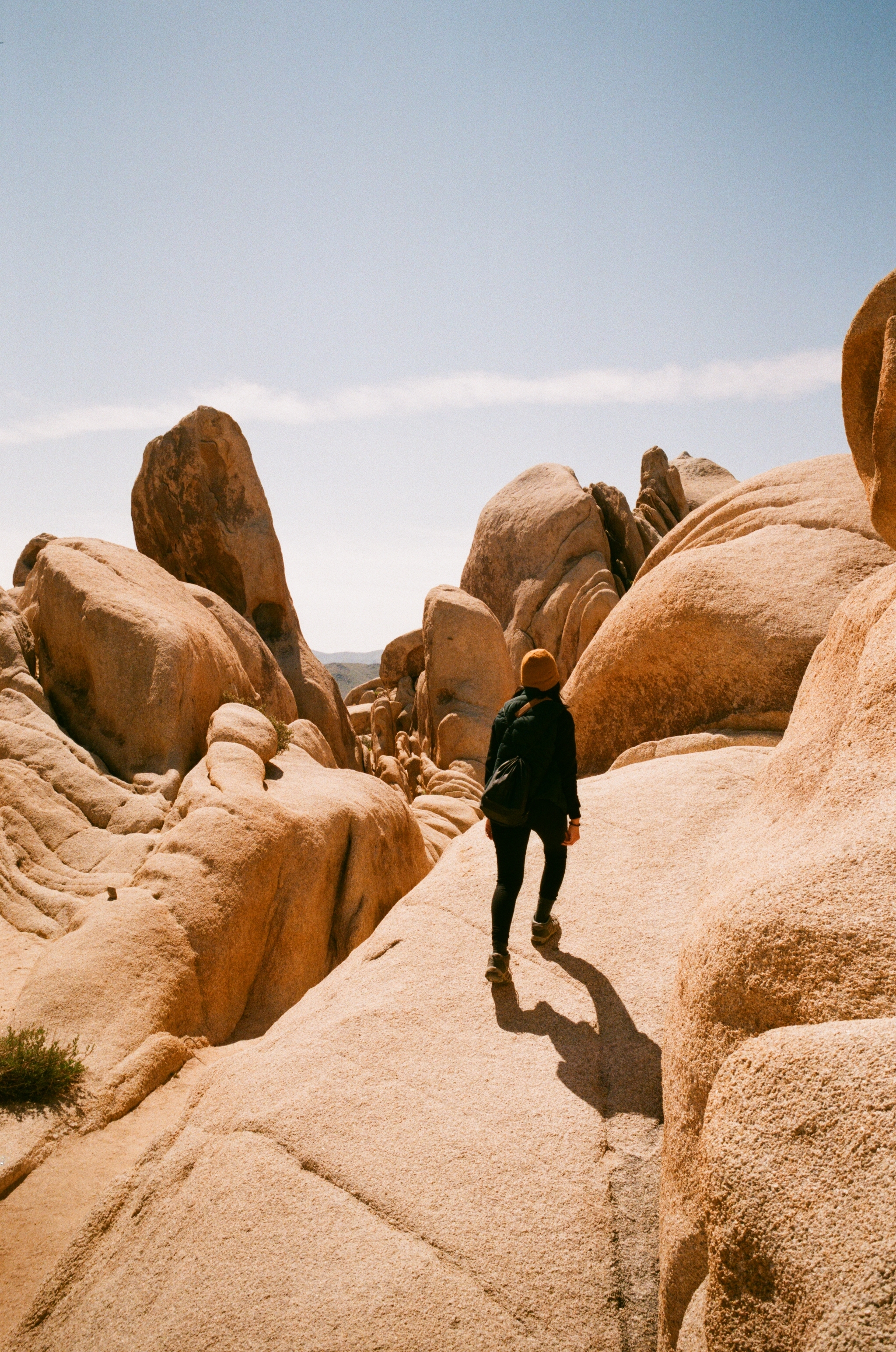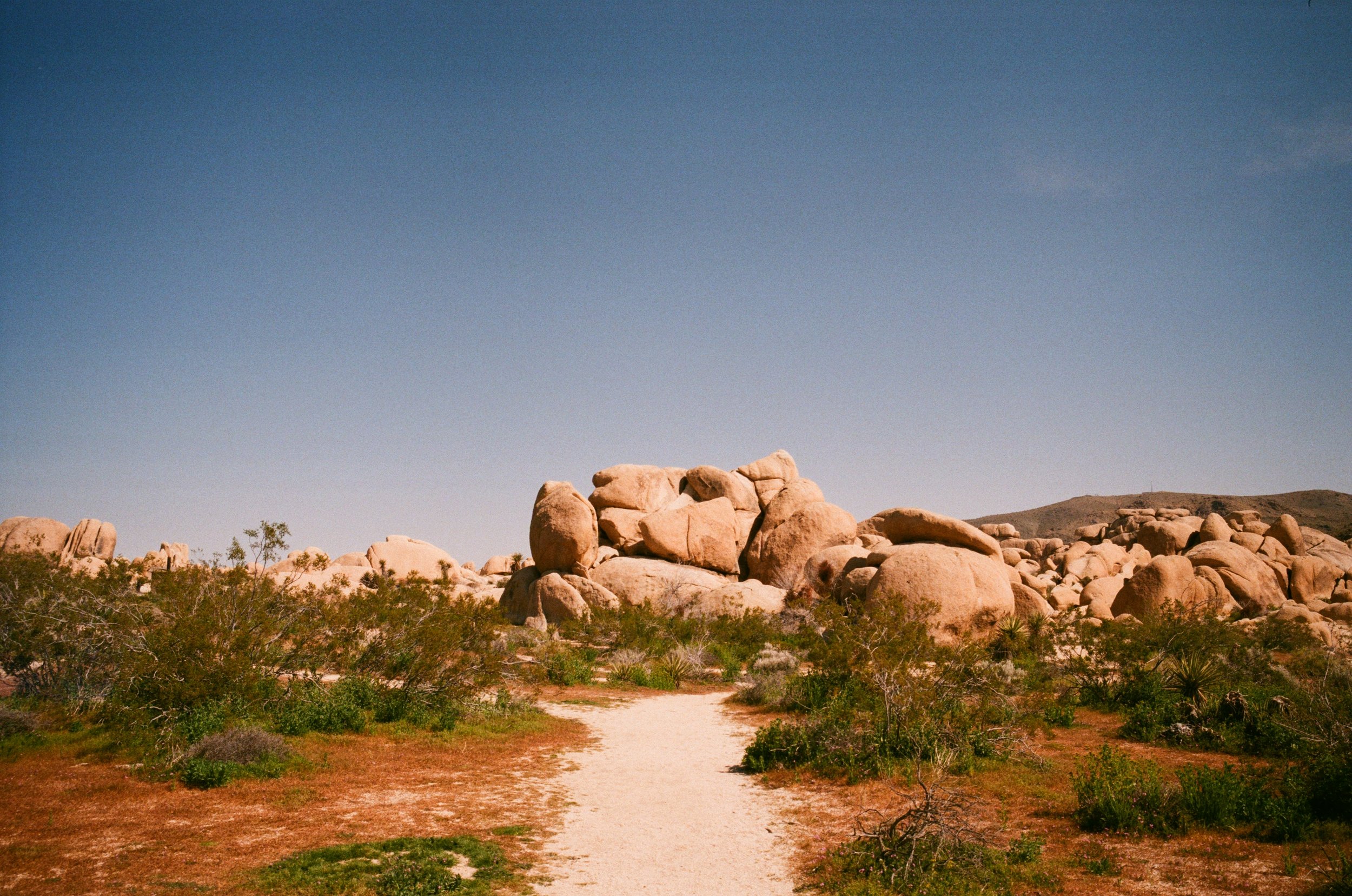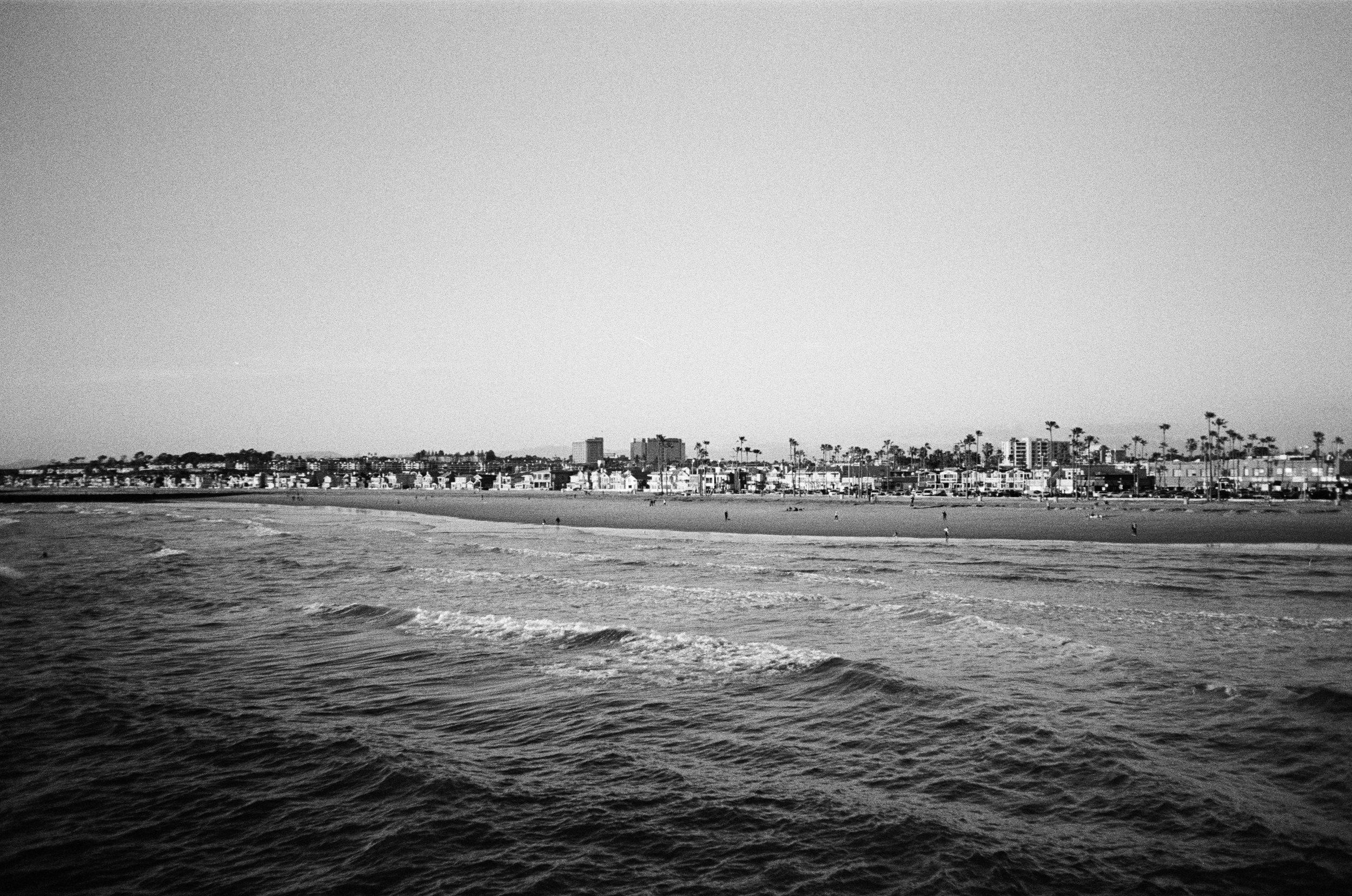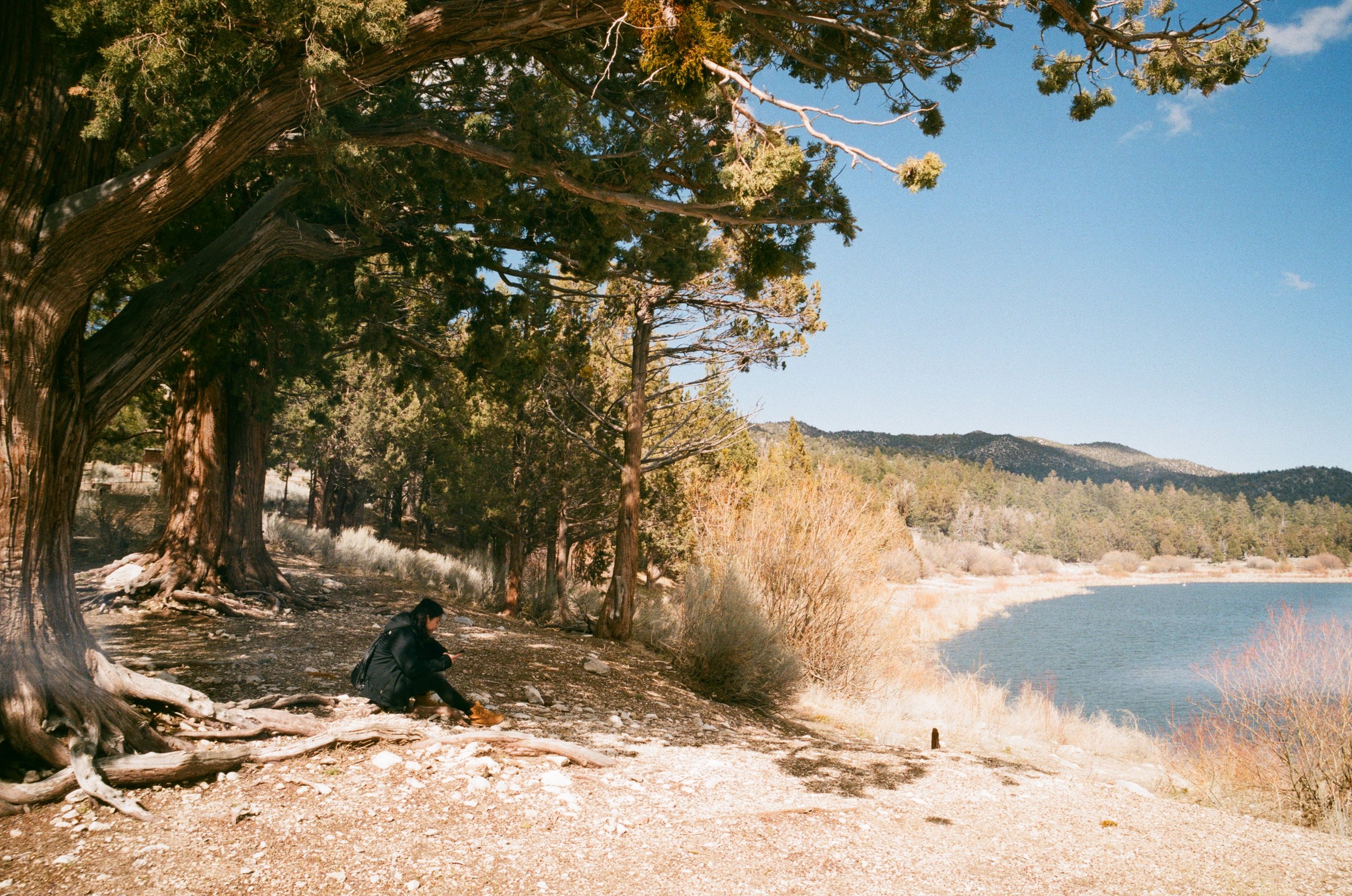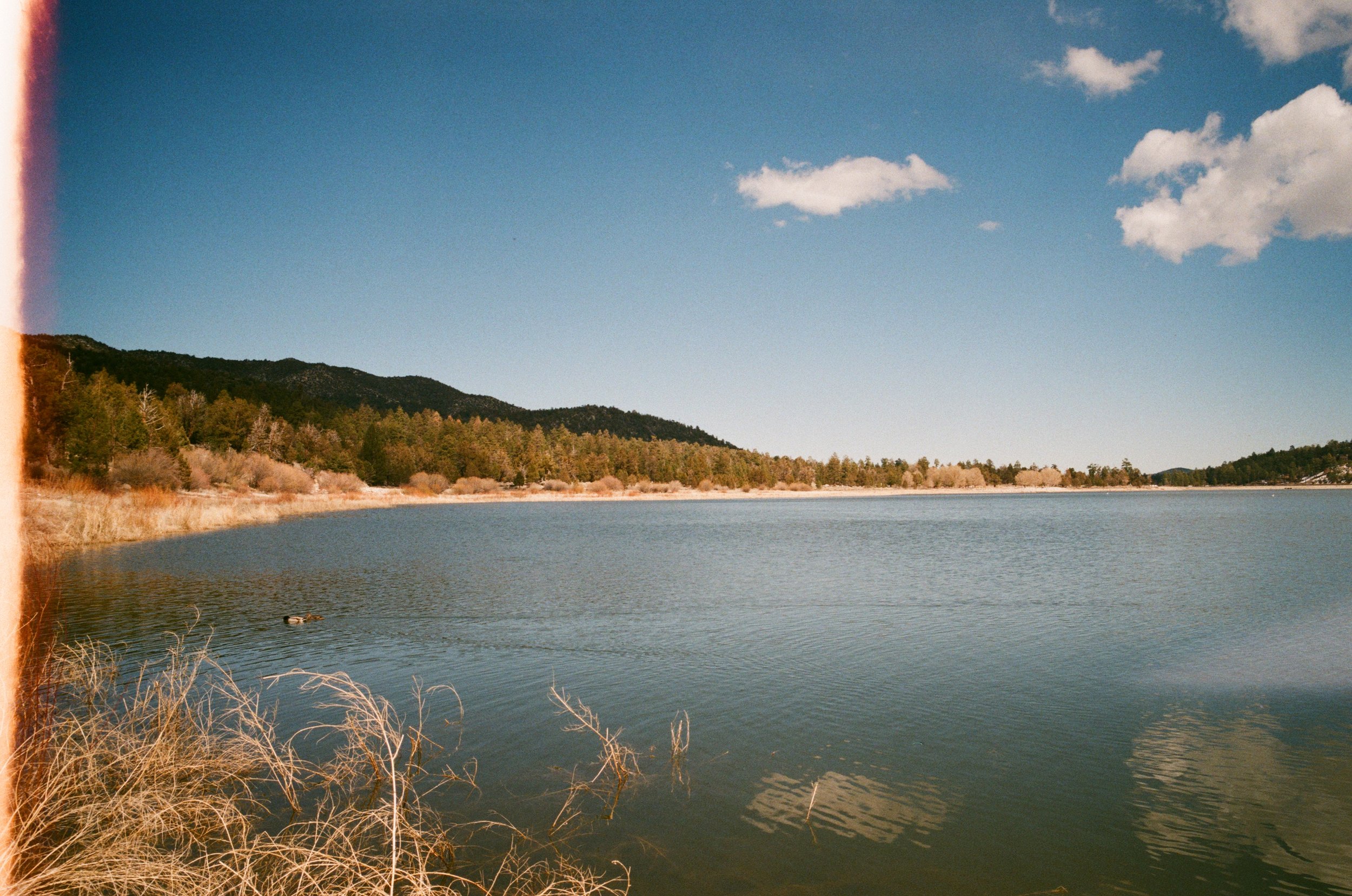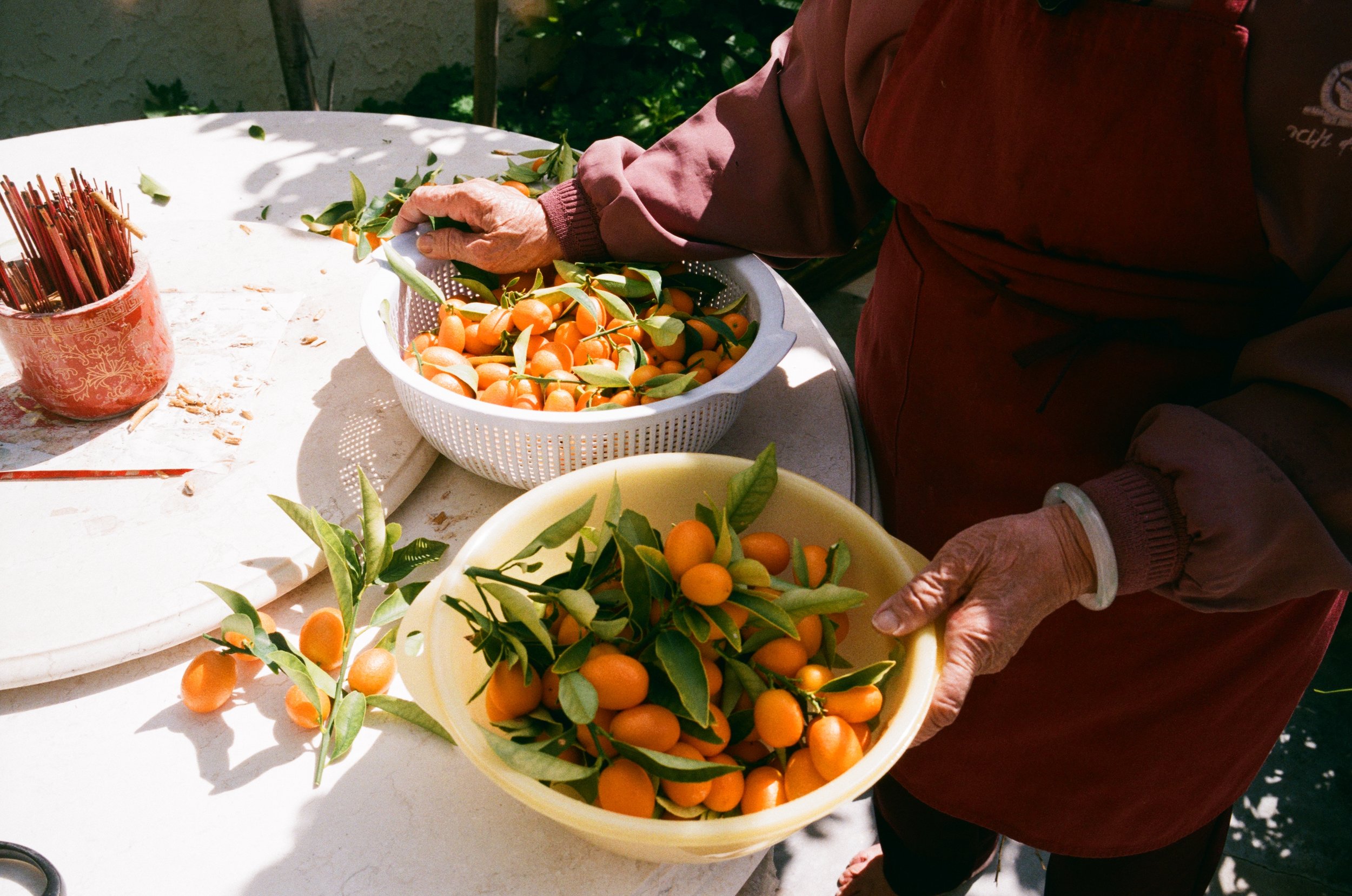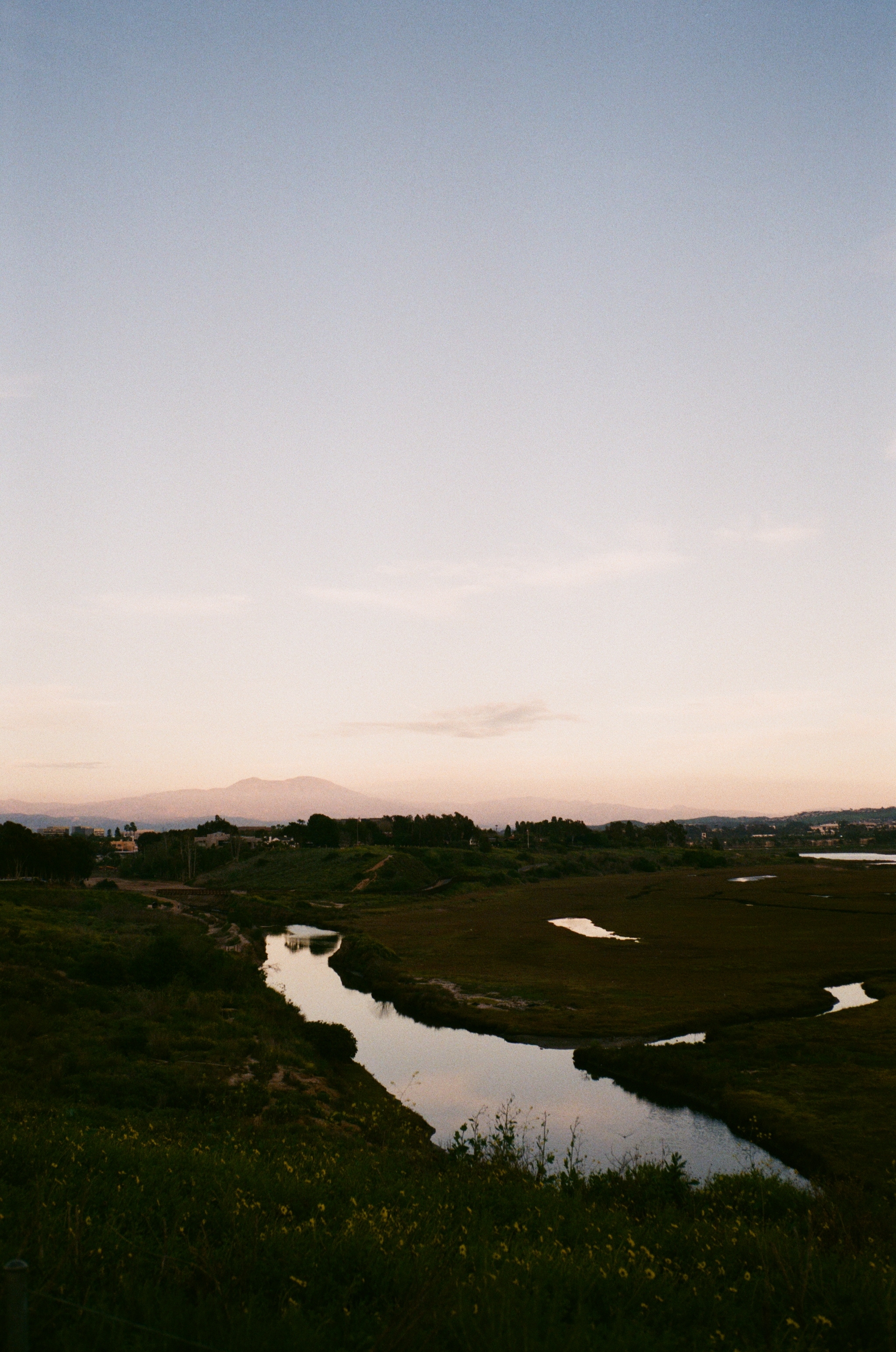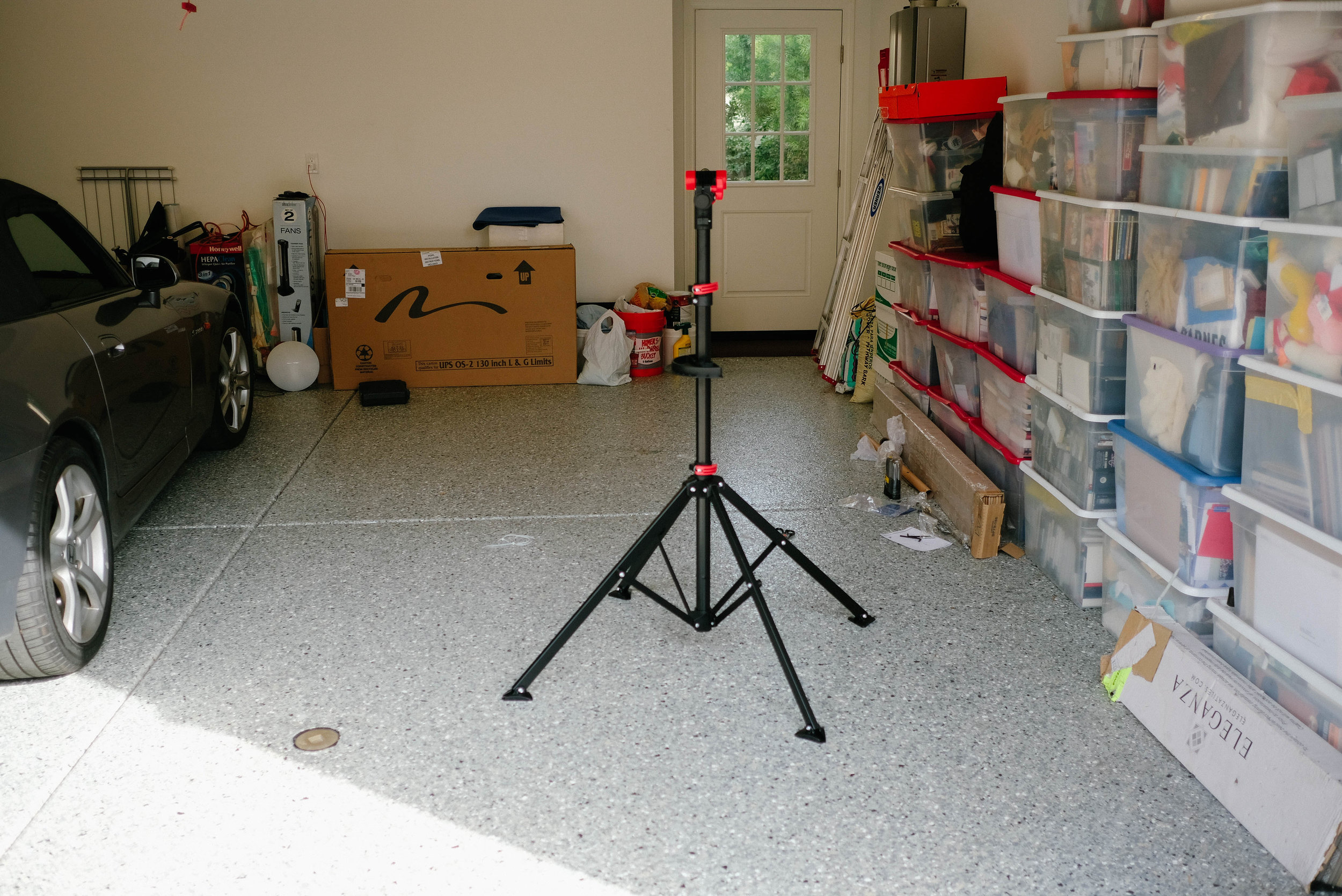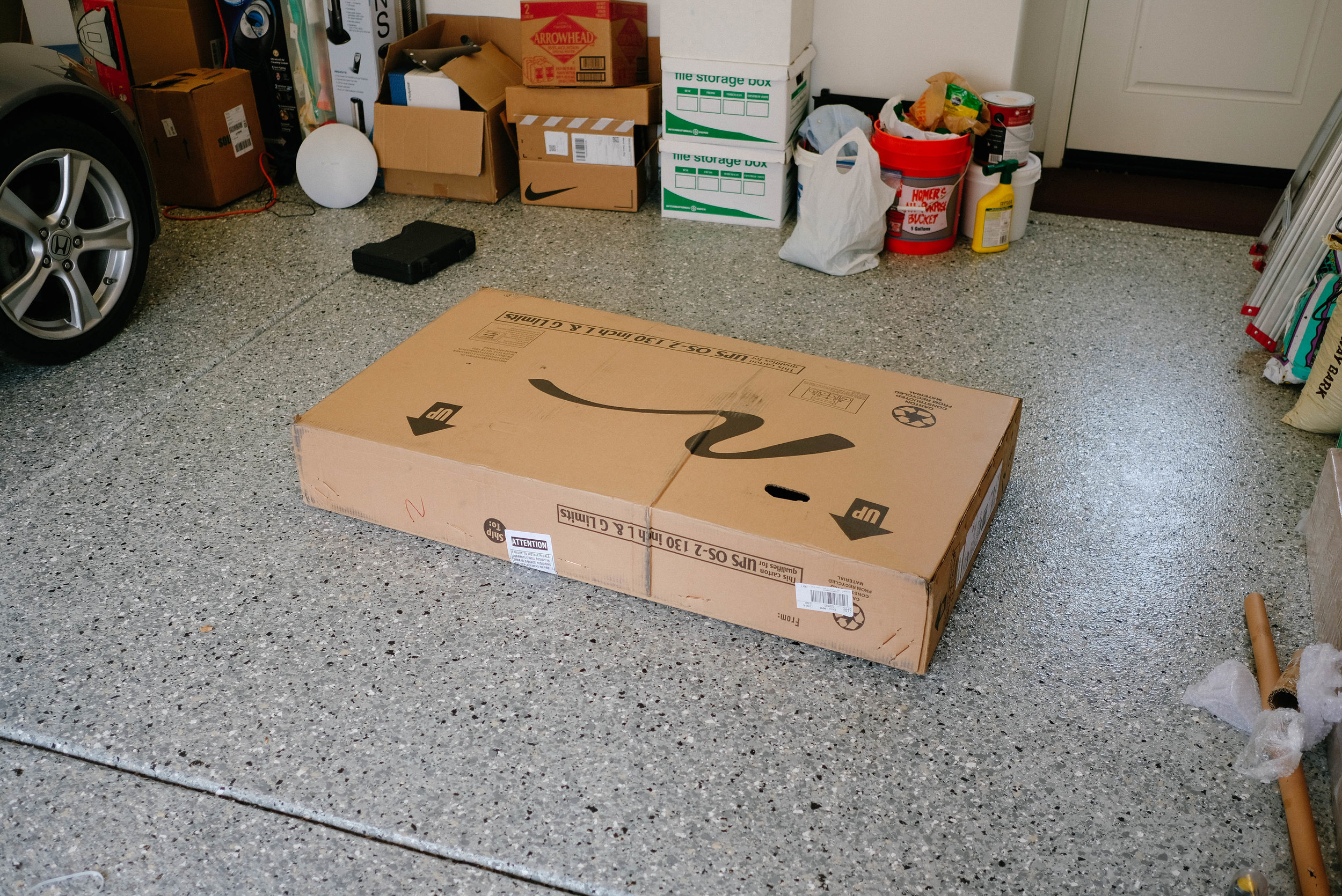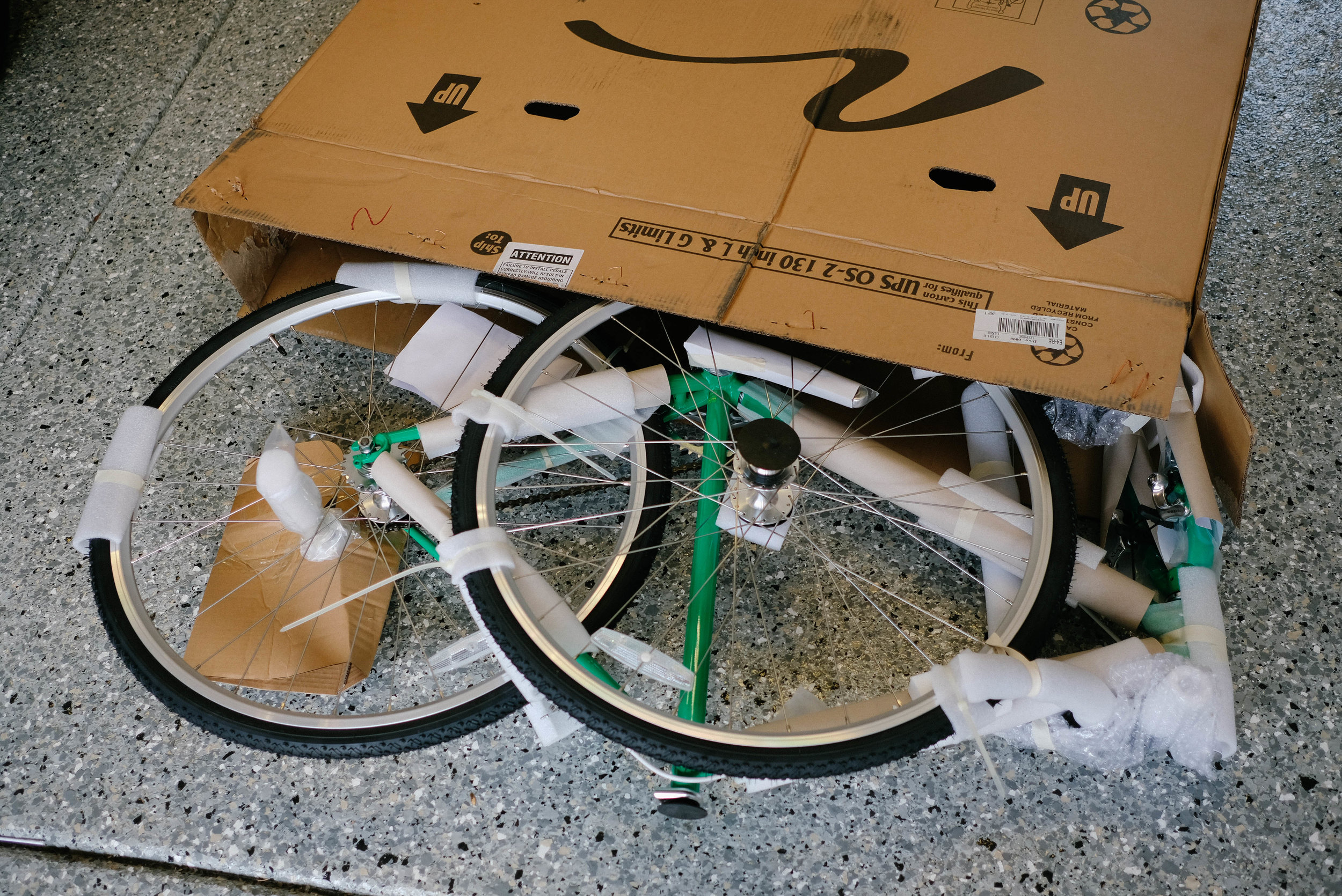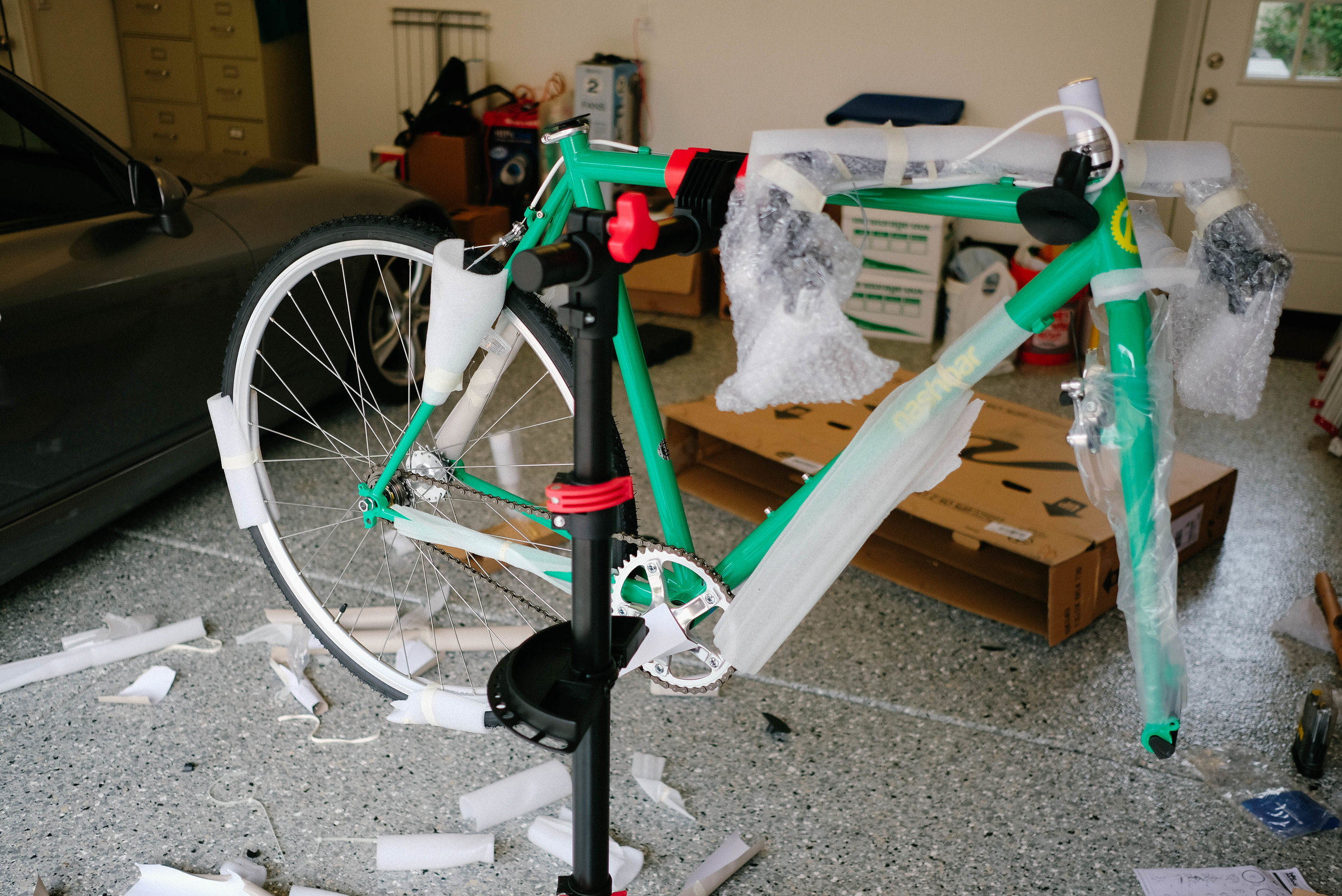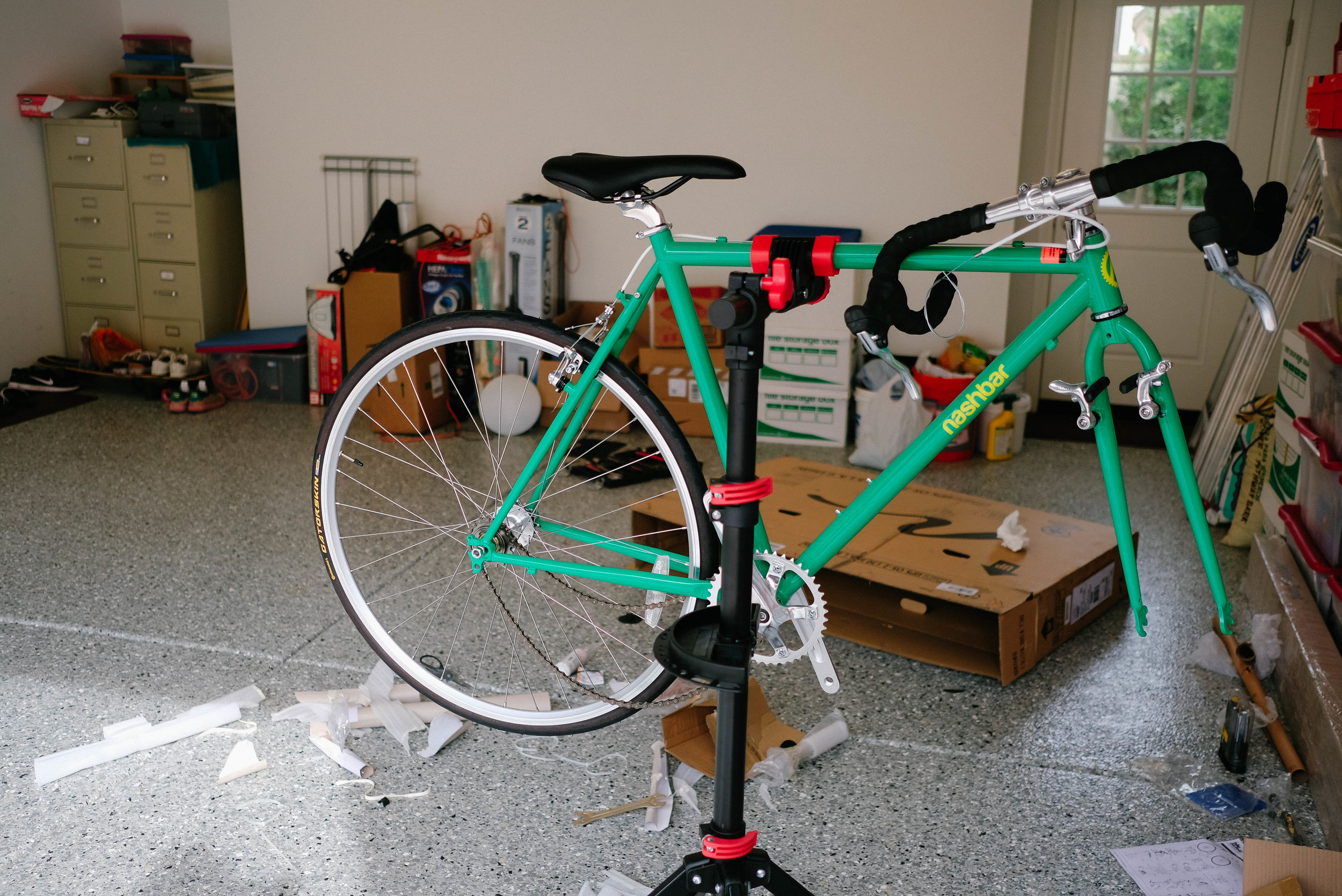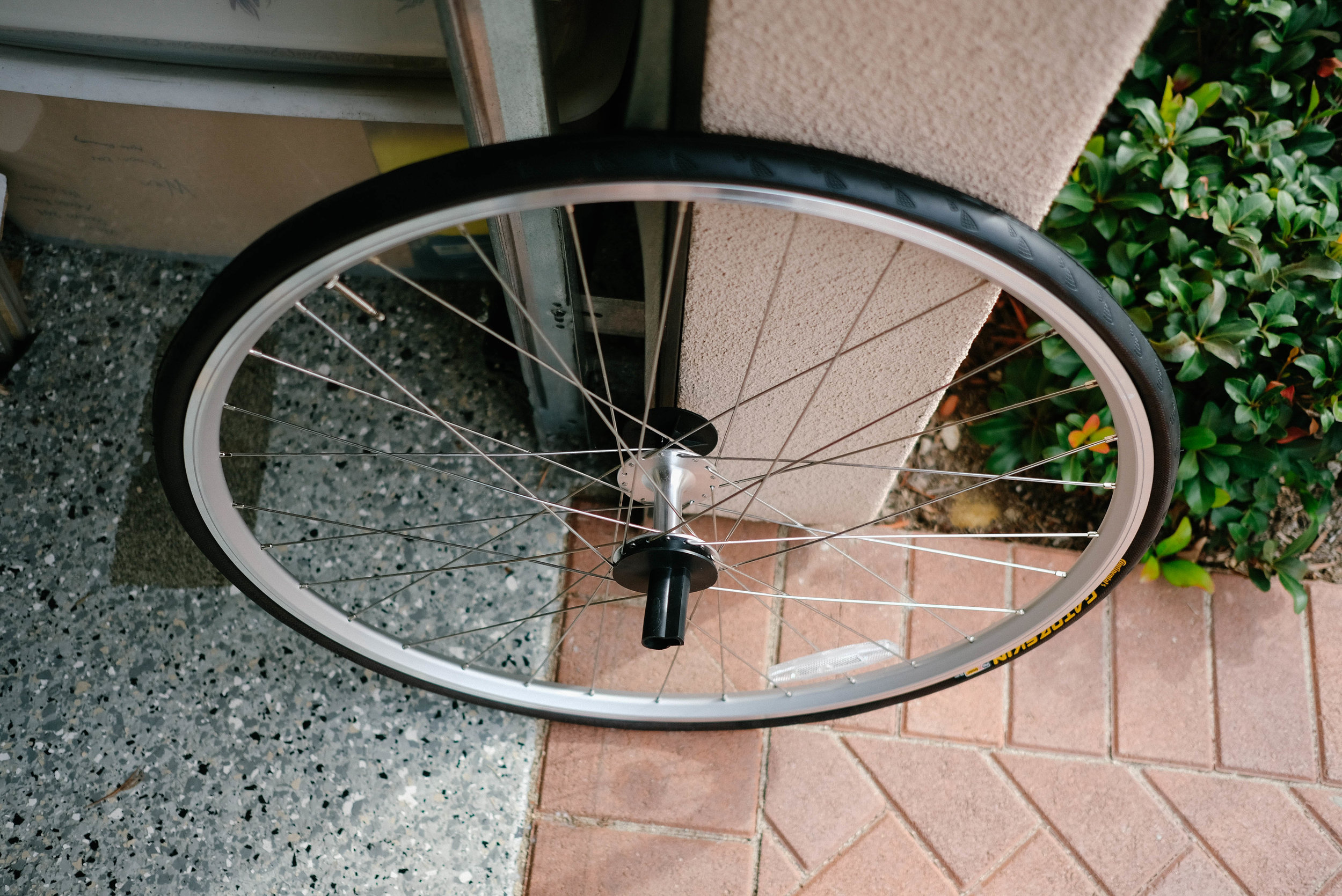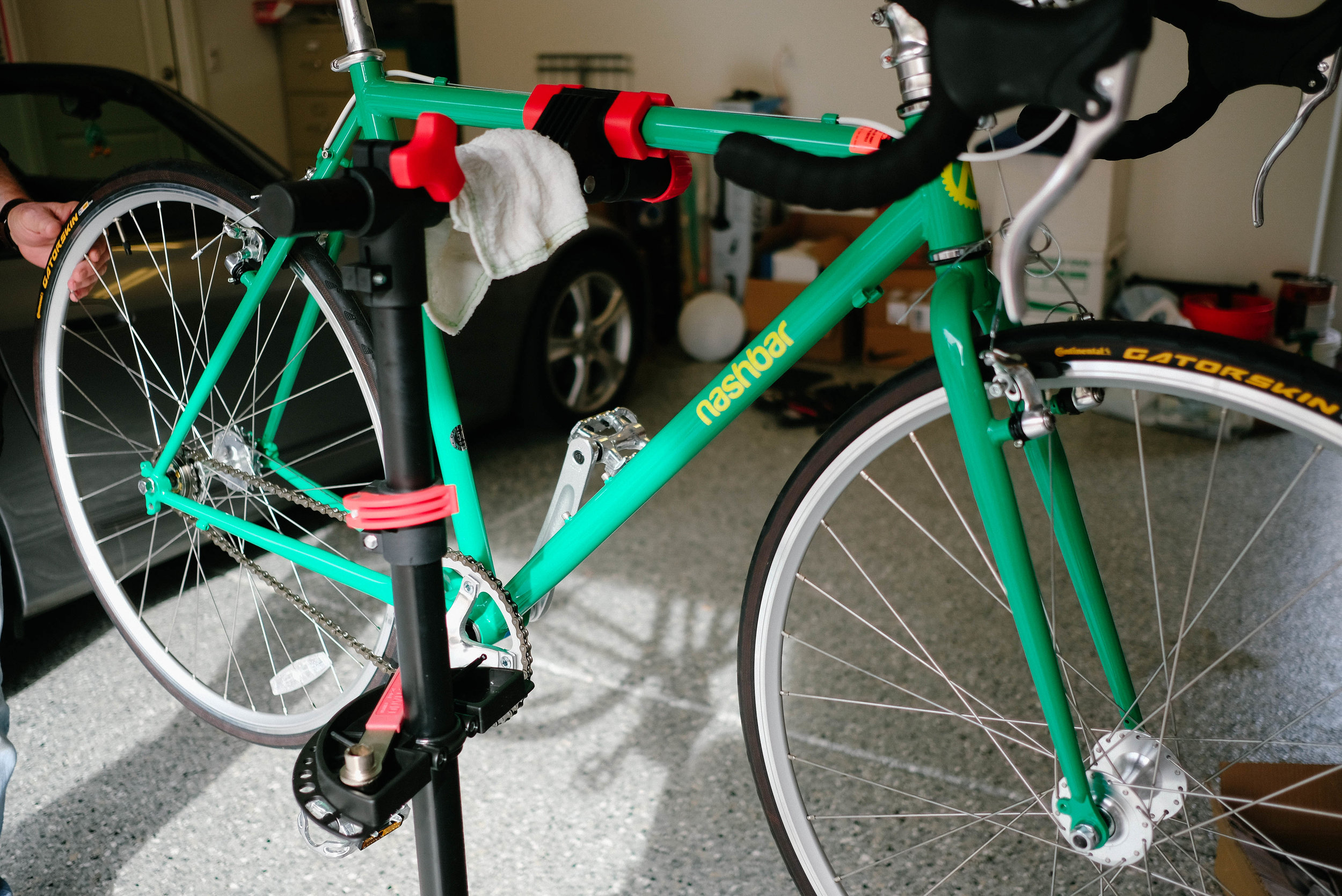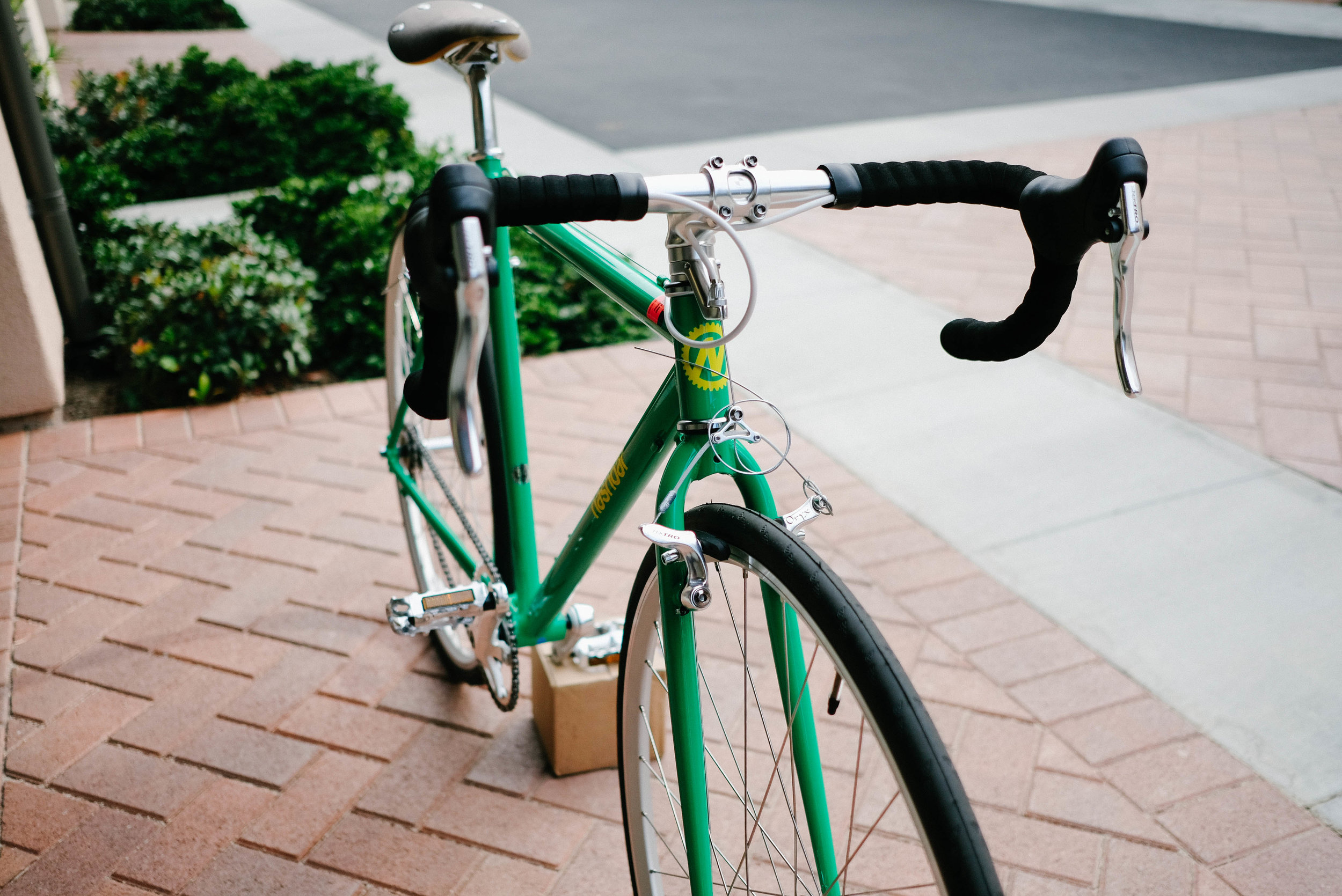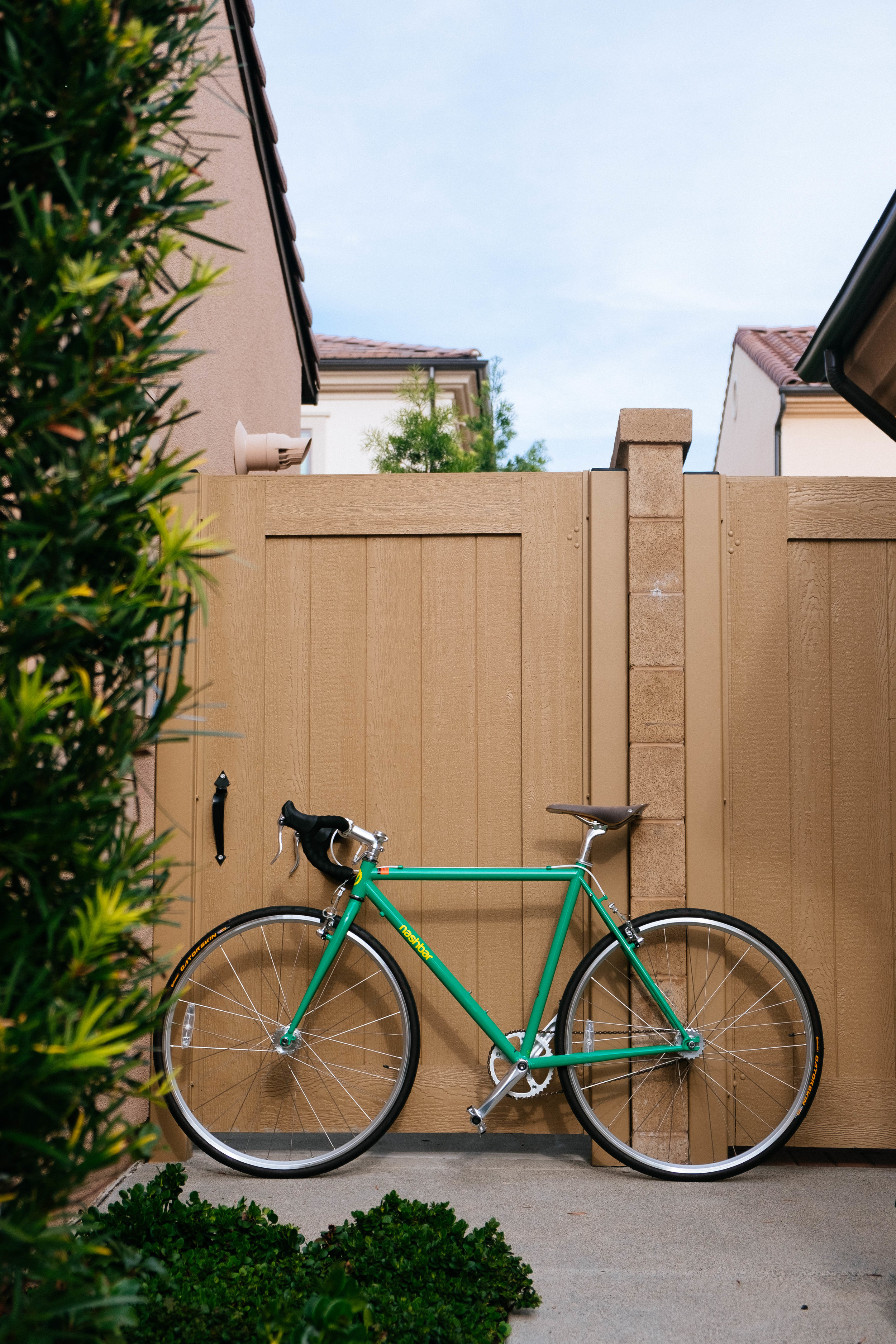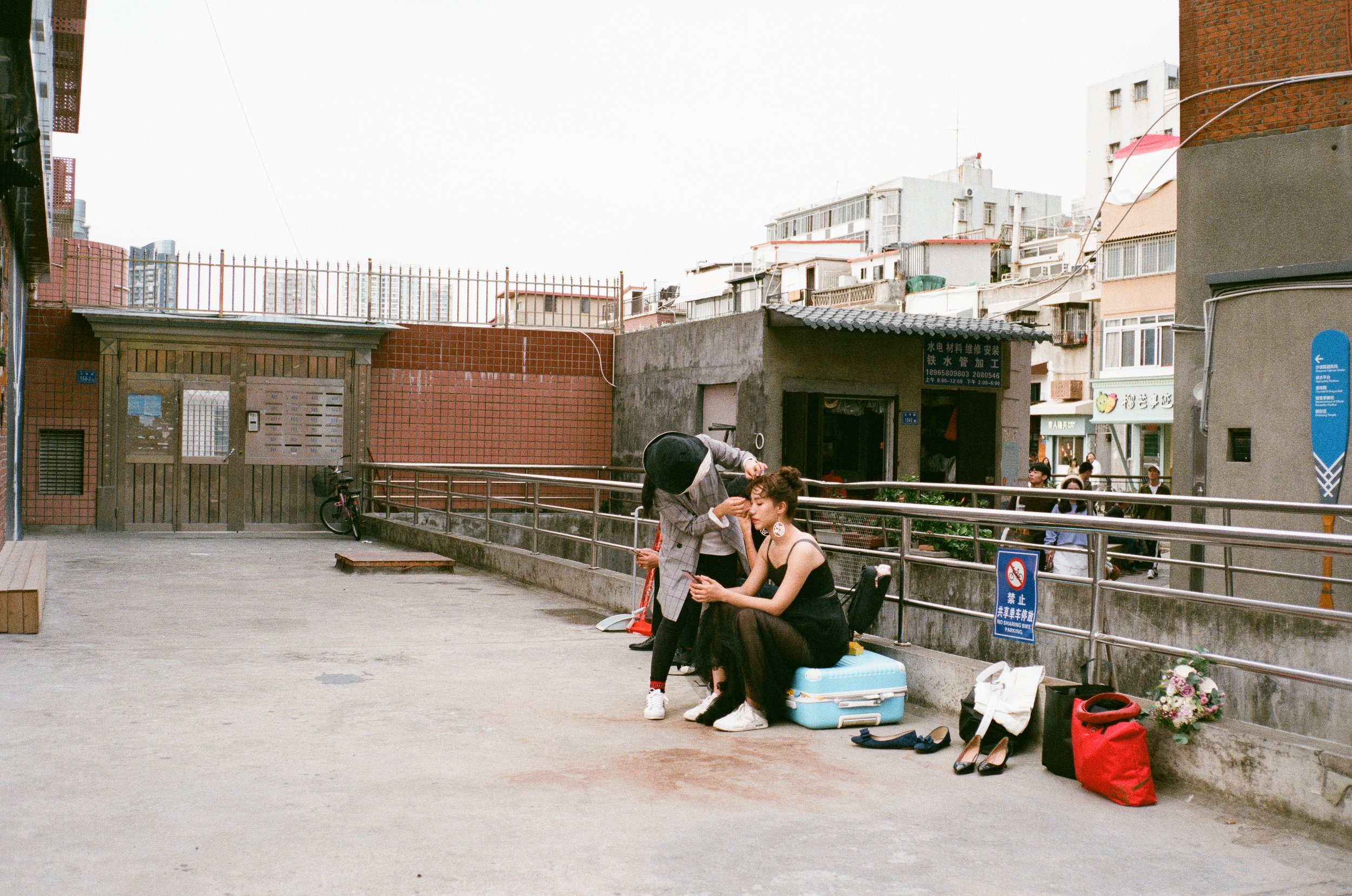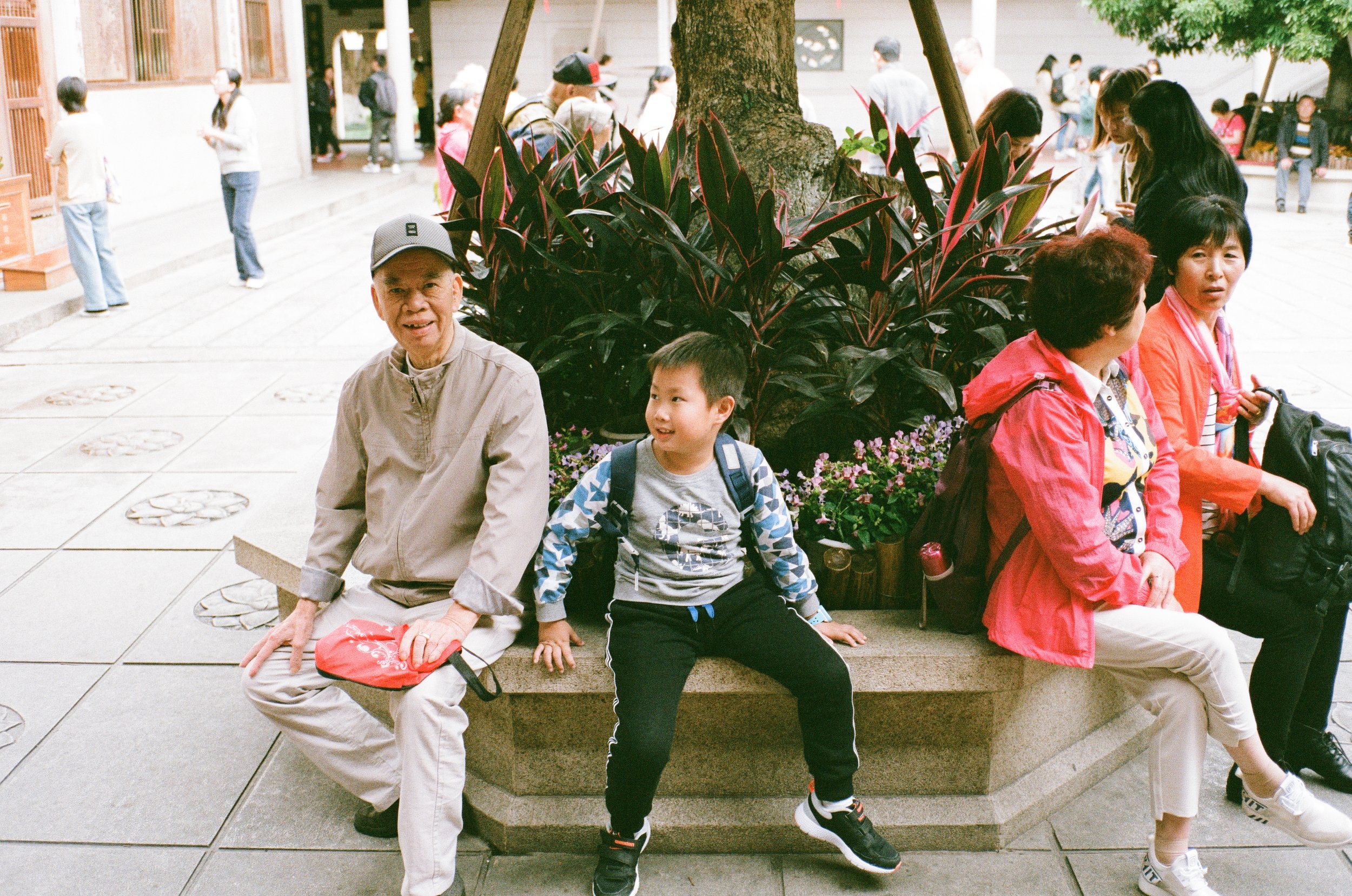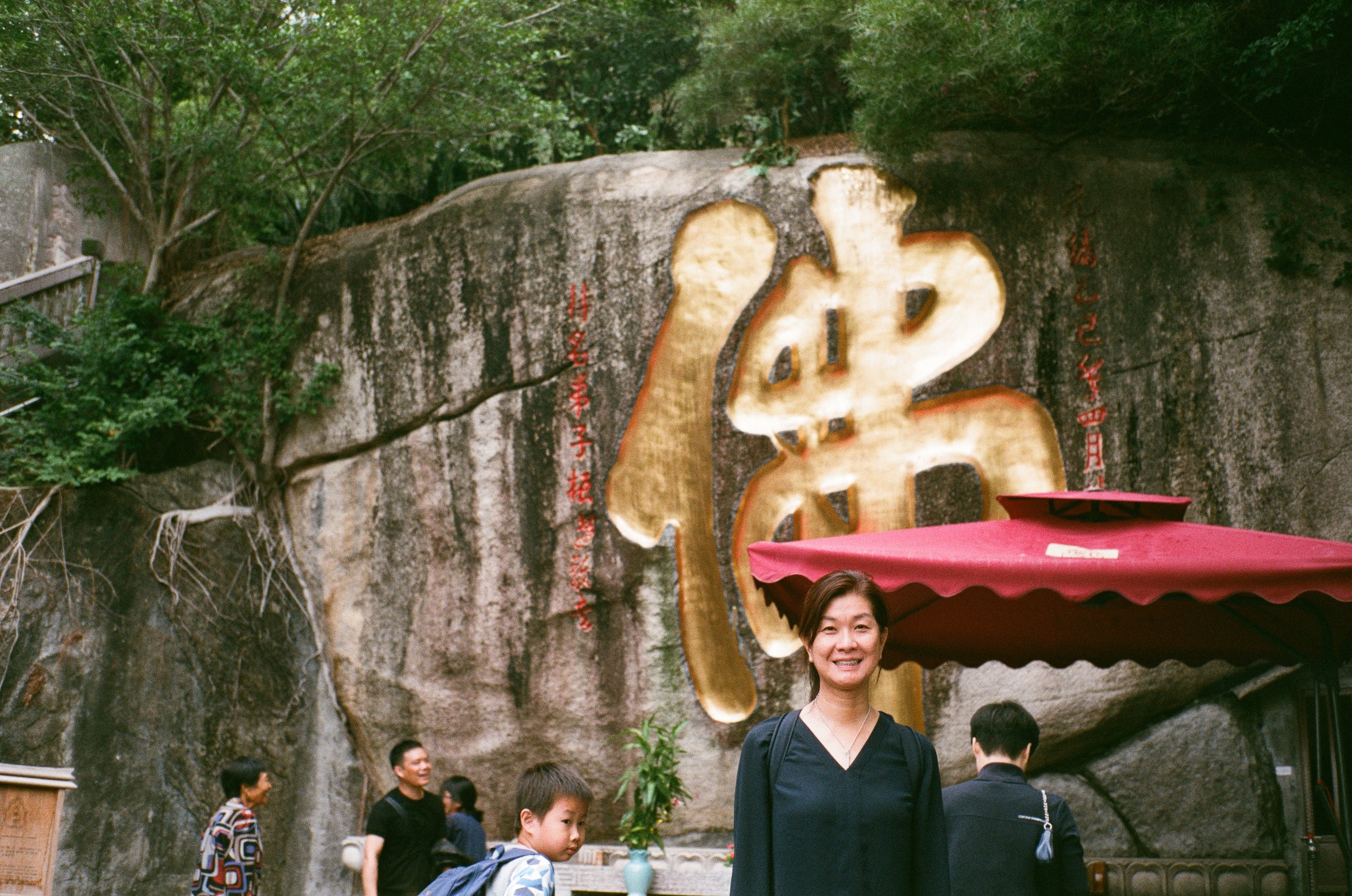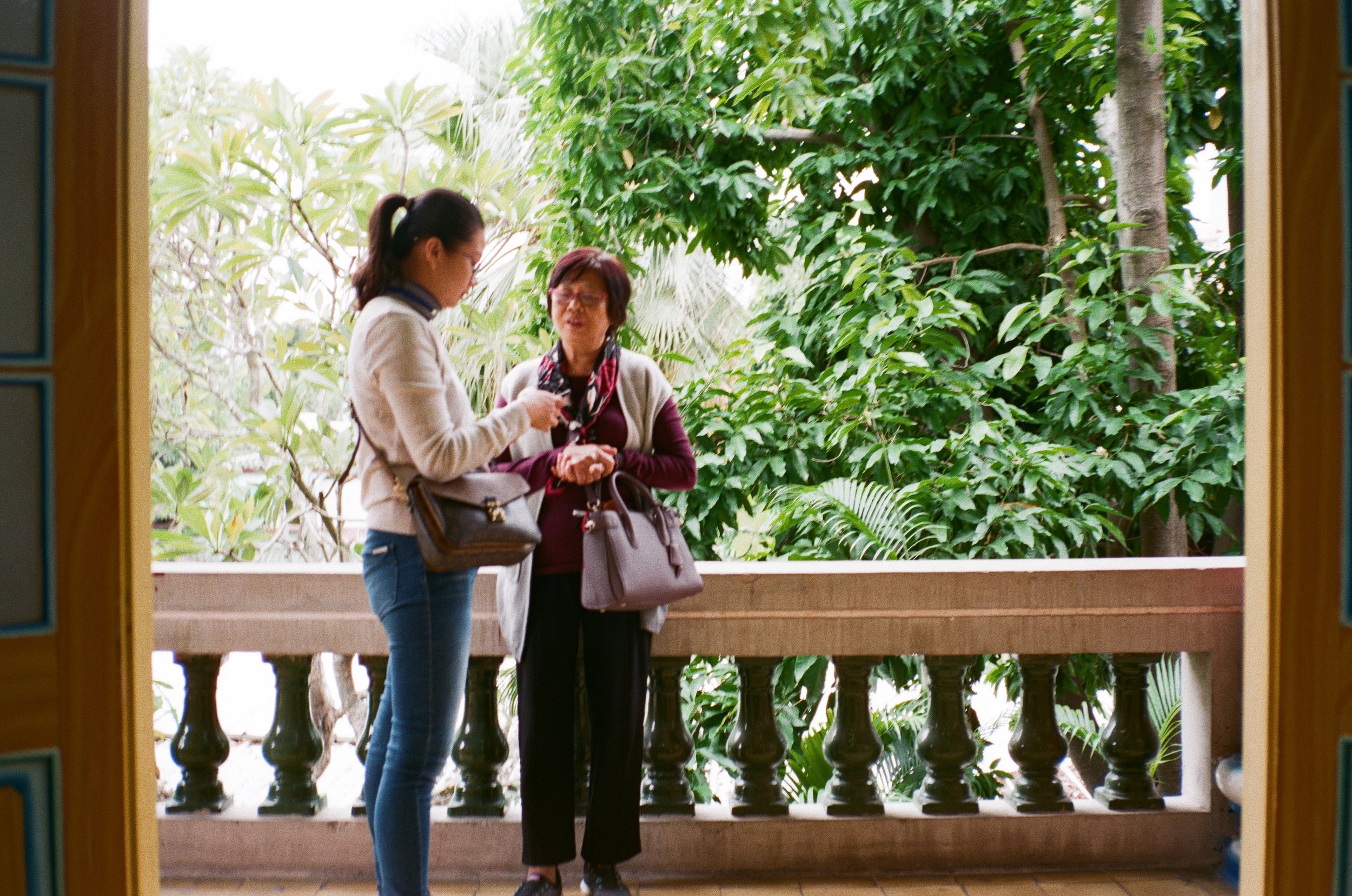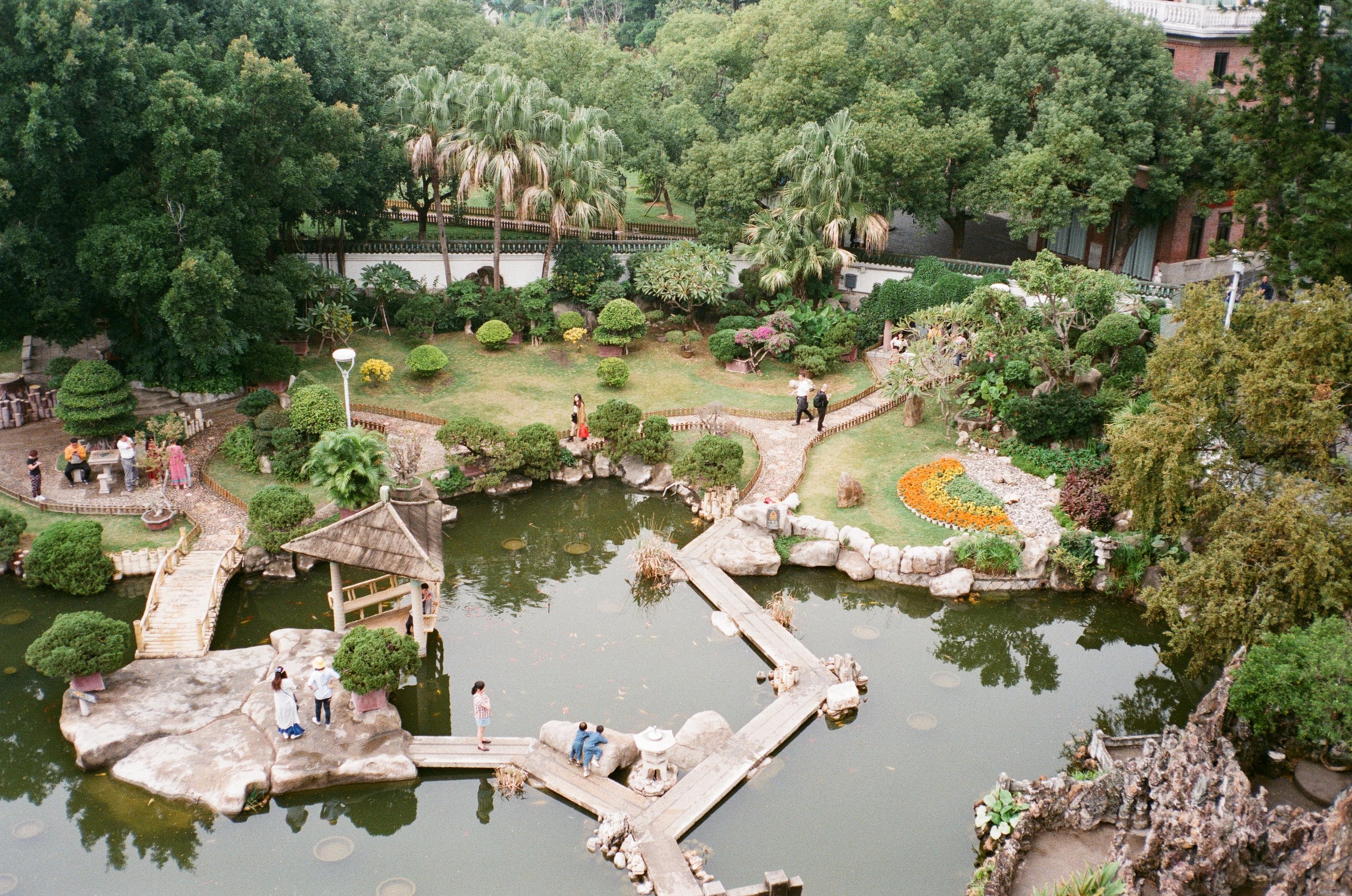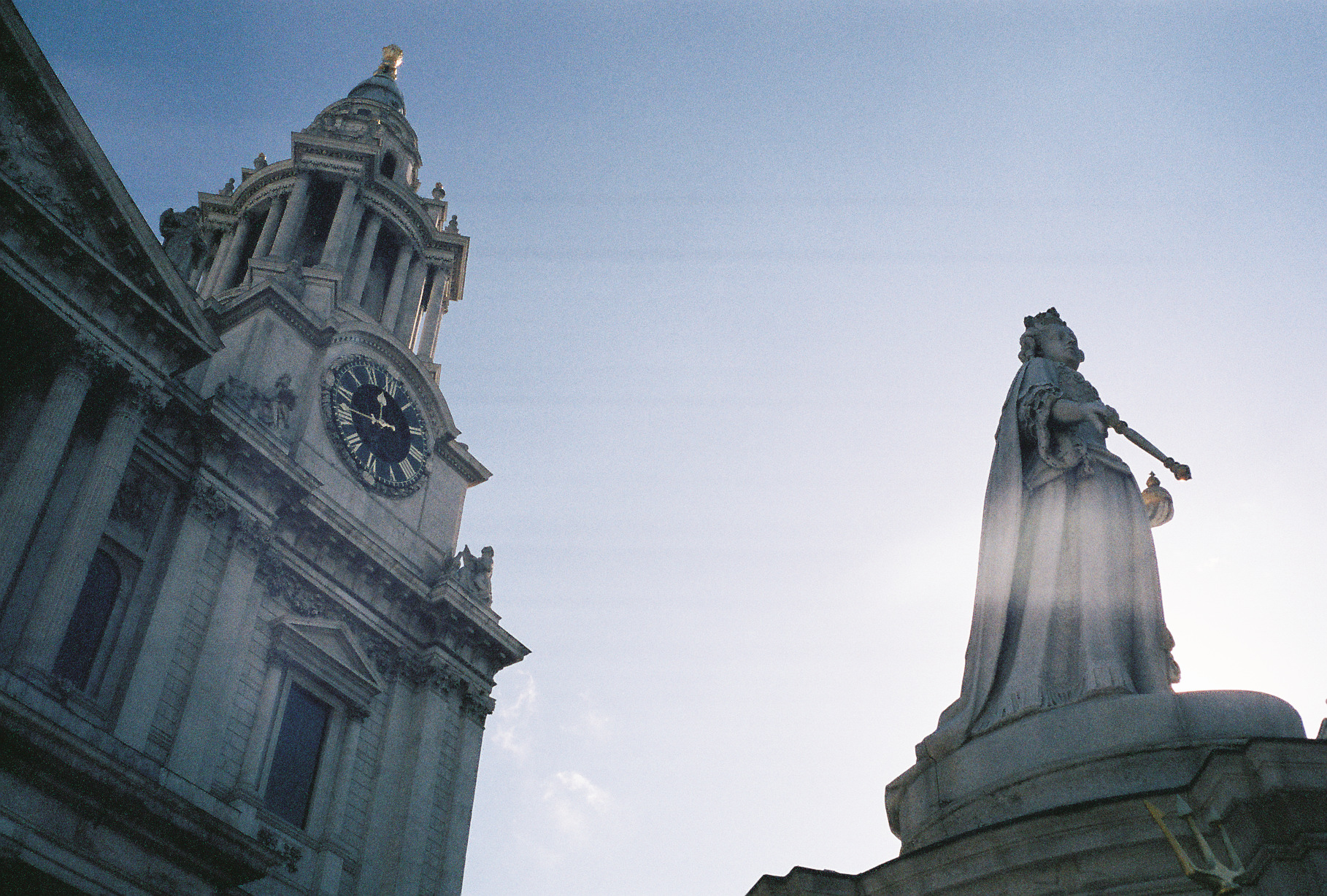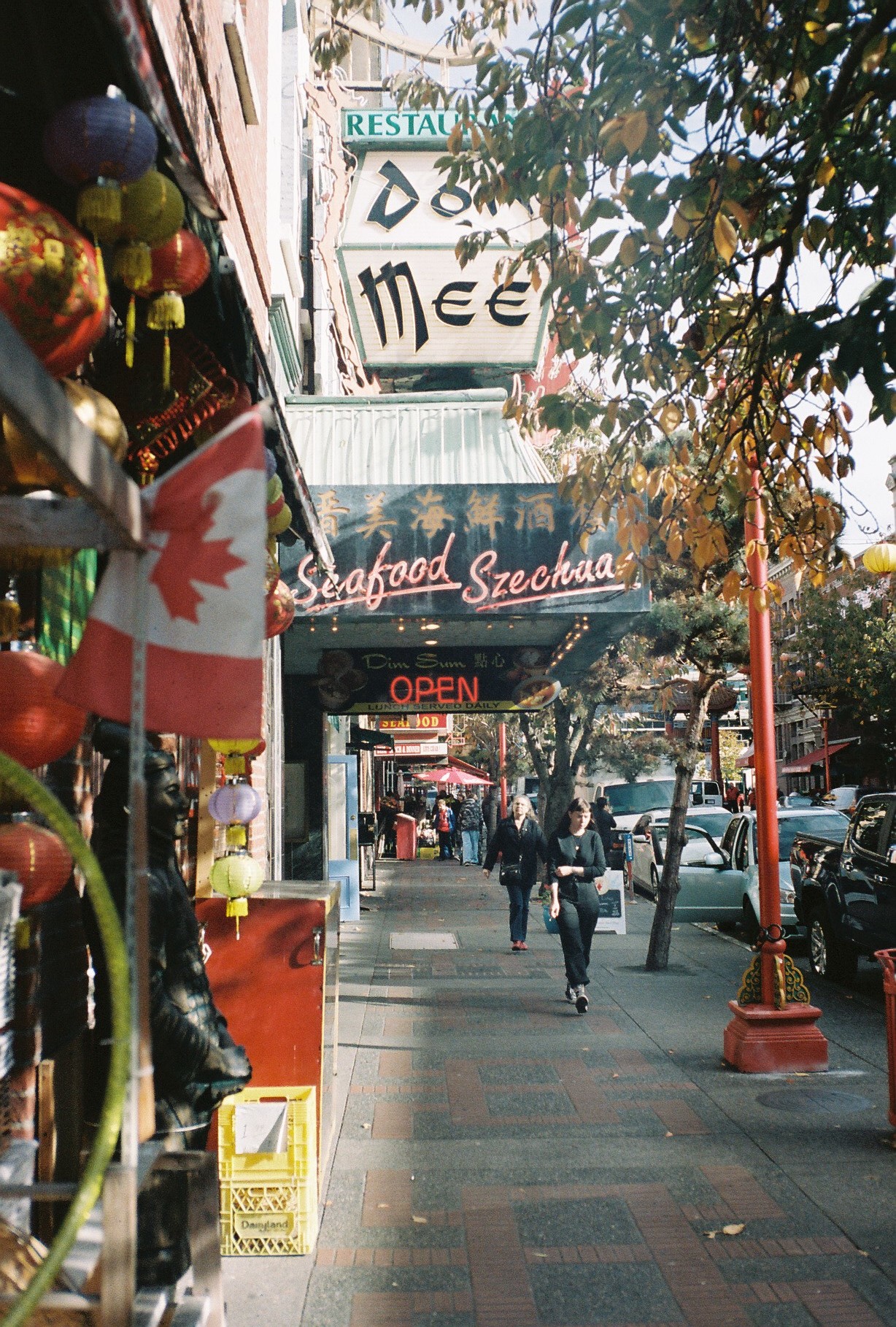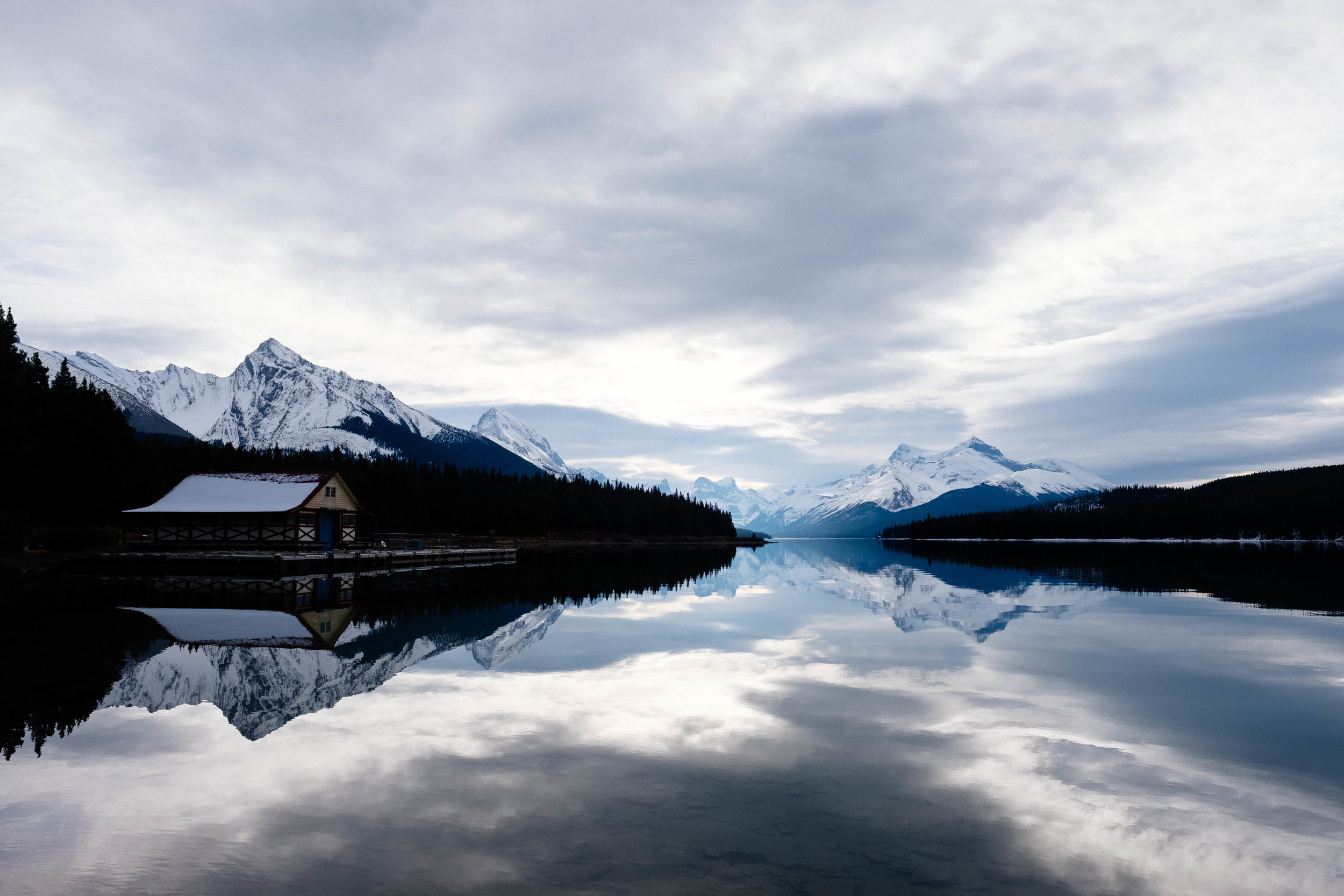guilt / books, books, books!
Quick book update before it gets entirely too overwhelming to do this.
The Sun Does Shine: How I Found Life and Freedom on Death Row by Anthony Ray Hinton
The Divide: American Injustice in the Age of the Wealth Gap by Matt Taibbi
I think it’s beneficial for these two books to be read together. Taibbi paints a clear picture of systems of inequality in the United States. Hinton’s reflections as an innocent man on death row show how these painfully unjust systems can affect individual lives.
The Tattooist of Auschwitz by Heather Morris
This, like many Holocaust stories, gets to the core of hope and survival. I thought it was a well-told true story, but perhaps lacked a layer of reflection lost through a third-party retelling. Still, it’s a book I find myself thinking about fairly often.
I’ve heard great things about Toni Morrison, but this might not have been the book to start with. It’s an interesting story and it’s well-written, but I found it difficult to get through. I kept asking myself, “Why am I reading this?” Clemantine Wamariya references it a few times in her memoir, and I was glad to have read this in order to understand those references, but otherwise it was fairly unmemorable.
Tuesdays with Morrie by Mitch Albom
This book could've ended on the first page and it would have been equally impactful. Morrie Schtwartz lived a meaningful life and his bits of wisdom are worth contemplating. For that, I would just look up his quotes. Morrie's diverse experiences are cheapened by Albom's syrupy, depthless writing; his stories are ruined by Albom's self-centered, shallow reflections. Morrie deserves all the stars. Albom gets none. This is perhaps the most overrated book I've ever read.
The Girl Who Smiled Beads by Clemantine Wamariya
This is a beautifully written memoir by a survivor of the Rwandan Genocide. I appreciated chapter by chapter contrast between her years as a displaced refugee and her attempts at creating a stable life in America. She is brutally honest about the ways in which she was or was not able to reconcile the events of her past, and how she was able to move forward from her experiences of war. One of my favorite memoirs that I’ve read this year.
Who Rules the World? by Noam Chomsky
Not sure if this was the best place to start with Chomsky, but it was quite a ride. His attention to detail and ability to build compelling arguments is inspiring, even as he conveys disaster after violent disaster. I appreciate that Chomsky doesn’t simplify his arguments by providing a hopeful conclusion at the end of the book, as many similar books often do. He lets readers sit with the emotional cost of the events he describes, and while a little bit devastating, feels appropriate.
The Order of Time by Carlo Rovelli
Please see prior post because I cannot encapsulate all my feelings about this book into a paragraph.
Hotel on the Corner of Bitter and Sweet by Jamie Ford
An incredibly sweet (not sure if this is a good thing) and sentimental historical fiction novel about Japanese internment in Seattle during WW2. I was a bit bothered by this one because the romance seemed to override the pain, humiliation and injustice of the actual process of internment. Maybe it’s because it’s told from the perspective of a teenage boy who is more worried about losing a friend than the problematic nature of the entire situation? I can’t quite identify the cause for the underlying feeling, but it kept the book at an emotional distance that seemed out-of-character for a book like this.
The Devotion of Suspect X by Keigo Higashino
A thrilling mystery novel that relies more on character development and subtleties than dramatic events. I really enjoyed the suspense and explorations of human psychology through this whodunit. It’s the third book of a series but I didn’t read an of the prior books so I assume they’re all standalone books.
Don’t read this if you like conclusive books, because this book ends quite abruptly. It reads almost like a series of short stories, but all the characters are linked in various ways. The stories are so intimate, the characters are well-crafted. Orange does a beautiful job of creating complete portraits of people in a limited amount of words. I really enjoyed this book—the prose is phenomenal.
Five Days at Memorial by Sheri Fink
A full account of the events at Memorial Hospital after Hurricane Katrina. I started this book while taking a medical anthropology class a few years ago, but finally decided to finish it. A thoroughly-researched book and heartbreaking look at how systems can deteriorate in disaster situations without planning.
Bellevue: Three Centuries of Medicine and Mayhem at America's Most Storied Hospital by David Oshinsky
This is a detailed history of Bellevue Hospital in New York City. I gravitate towards microhistories that focus on a specific person or place throughout time because it helps give me context for the ways in which society shifts around the subject. This book was great at doing that, and helped me better understand the American medical system. The parts about epidemics were particularly interesting.
America's Bitter Pill: Money, Politics, Back-Room Deals, and the Fight to Fix Our Broken Healthcare System by Steven Brill
Another micro-analysis of a particular subject—in this case, the Affordable Care Act. It was a bit lengthy and tedious, and I’m not sure that I gave it the attention it needed at certain points. I’m also not sure how I feel about the author’s ultimate argument that a possible solution to American healthcare woes could involve insurance plans provided directly from mega-hospitals, but that requires more research on my end before I form a real opinion about it.
I think I would honestly read anything by Lahiri even just to understand how she can invoke such strong feelings in readers through her inclusion (and exclusion) of the most minute details. I’m in constant awe of her writing ability, and The Namesake is no different.
Known and Strange Things by Teju Cole
This is a broad collection of essays—I really enjoyed some of Cole’s cultural analyses, particularly on American international relations. The way he writes about photography has also made me reflect a lot on my own relationship with images, as I touch on briefly in the post about time. Some of the essays were a bit too abstract for me, so I ended up skipping a lot towards the end. Enjoyed “Disappearing Shanghai”, “Touching Strangers", “The Atlas of Affect”, “Memories of Things Unseen”, and “The White Savior Industrial Complex".











